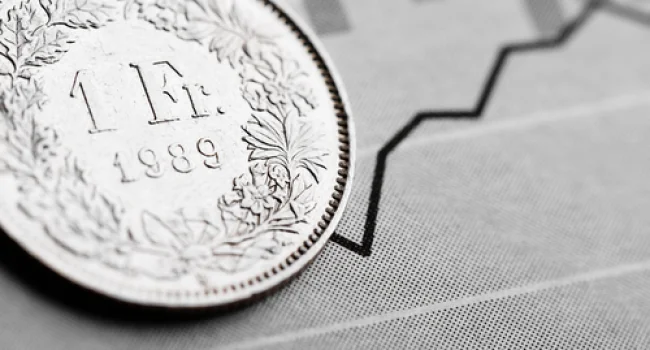
Inflation Slowed Down to Two-Year Low in November
December 08, 2023Inflation in November
Consumer prices in Switzerland went up by 1.4% in November, comparing to the same period year ago. This is the weakest reading since October 2021. Alo the value is lower than predicted by economists in a Bloomberg survey. Every economist foreseen no change from 1.7% reading the previous month. What has caused the drop of inflation? It was driven by lower costs of package holidays, hotel activities, fuel and fruit and vegetables. When it comes to core inflation, without volatile prices of energy and food, it was also at 1.4% in November, according to the Swiss statistics office. Based on the European Union’s harmonized measure, Swiss inflation was 1.6% in November.
No Hiking
Inflation in Switzerland has been recently kept within the SNB’s range of 0-2%. That is why the central bank has stopped any further hiking on interest rates from September. Previously it was trying to get inflation lower by hiking rates from the record minus 0,75% to positive territory. It also stopped interventions on the foreign exchange rate market, letting Swiss franc appreciate. Good exchange rate of CHF is helping to keep inflation low. As of lately the SNB’s officials led by President Thomas Jordan have been careful to indicate that more tightening might be required.
Inflation Outlook
The SNB predicts that inflation will break out of the target range all of next year. Higher consumer prices will be driven by growing costs of electricity, rents and public transport. Power prices alone are expected to rise by an average 18% just in January. Also, the value-added tax will boost inflation.
Lower Than in Other Economies
Even with inflation higher than 2% level, it is one of the lowest in the advanced economies of the world. In the Euro-zone, as per data published last week, price growth dropped to 2.4%. Swiss inflation is lower due to the fact that the country’s economy remains strong and so does the exchange rate of CHF. Switzerland’s economy has been doing much better than its neighbors. Gross domestic product increased 0.3% in the third quarter of this year. The OECD outlook shows it will expand 0.8% this year. If that is the case, it will mean a better by growth than the 0.6% forecast for the euro area. Eurozone economy has contracted in the three months through September.

